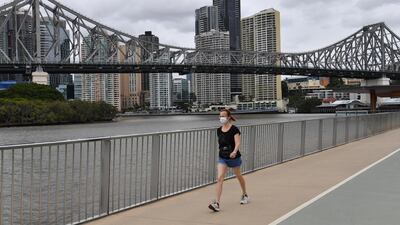Women in the UK can expect to spend less of their lives in good health than a few years ago, according to a report that casts further doubt on a government target for improving the nation’s well-being.
Female healthy life expectancy showed a “significant” decline to 63.3 years between 2017 and 2019 from 63.7 in the two years to 2016, the Office for National Statistics said Monday.
The figure for men was little changed at 62.9 years.
The government has pledged to add five years to the length of time people are living in good health by 2035, a goal tied closely to its ambition to level up poorer regions of the UK.
Critics say the target is unlikely to be reached for decades, with the fallout from the coronavirus crisis making progress even harder to achieve.
The drop in healthy life expectancy has been particularly acute in Scotland and Wales.
The report will throw a fresh spotlight on the effects of Britain’s post-crisis period of austerity.
A review by the Institute of Health Equity at University College London a year ago concluded that overall life expectancy had stopped improving for the first time since the 1800s, with spending cuts and an increase in poverty partly to blame.
The International Longevity Centre – UK research group said Britons could expect to experience ill health long before the reaching the state pension age of 66, inflicting a cost on the economy and society.
"A growing older population could mean more older workers, more older consumers and more older people contributing to society through volunteering and caring," said David Sinclair, director of the centre.
"There really could be a longevity dividend for us all."


